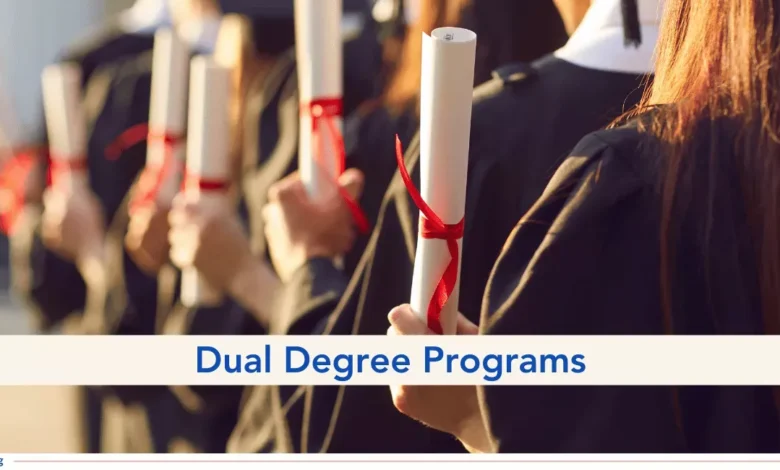How to Apply for Double Degree or Joint Degree Programs Abroad
How to Apply for Double Degree or Joint Degree Programs Abroad

For students looking to expand their academic and career opportunities, double degree (two degrees from different universities) and joint degree (one degree jointly awarded by two or more universities) programs are becoming increasingly popular. They allow you to study across multiple institutions, sometimes in different countries, and graduate with stronger international exposure.
Step 1: Understand the Difference
•Double Degree Program → You study at two universities (sometimes in two countries) and graduate with two separate degrees.
•Joint Degree Program → Two or more universities collaborate to offer one program, and you graduate with a single jointly-awarded degree.
Step 2: Research Partner Universities
These programs are usually offered through partnerships. For example:
•Erasmus Mundus Joint Master’s Degrees (Europe) – Programs across several European universities.
•Sciences Po (France) & London School of Economics (UK) – Double degree in international affairs.
•National University of Singapore (NUS) & Yale University (USA) – Joint liberal arts programs.
•University of Ghana & University of Nottingham (UK) – Partnerships in business and development studies.
Check if your target field (law, business, engineering, medicine, etc.) has such agreements.
Step 3: Meet Admission Requirements
Requirements are often stricter than regular single-degree admissions:
•Strong academic record (high GPA).
•Proof of language proficiency (IELTS/TOEFL, sometimes two languages depending on partner countries).
•Statement of Purpose (SOP) explaining why you want a dual/joint program.
•Recommendation letters.
•Sometimes GRE/GMAT for postgraduate programs.
Step 4: Application Process
1.Apply through the main university managing the partnership (they will guide you on the second institution).
2.Submit required documents: transcripts, passport, SOP, recommendation letters.
3.Indicate interest in the double/joint degree program when applying.
4.Attend interviews (sometimes required).
Step 5: Tuition & Funding
•Some programs have shared tuition costs between both universities.
•Others may require separate tuition fees at each university.
•Scholarships are available, especially for Erasmus Mundus and government-funded partnerships.
Step 6: Visa & Travel Planning
•If studying in two countries, you may need two student visas.
•Some programs provide support for relocation between universities.
Step 7: Enrollment & Study Plan
•Usually, students spend one year at the first university and the second year at the partner university.
•At the end, you graduate with either two diplomas (double degree) or a single joint diploma.
Final Thoughts
Applying for a double or joint degree program requires more preparation than a traditional program, but it comes with huge advantages: global exposure, networking opportunities, and enhanced employability. If you’re considering a future in international business, law, diplomacy, or academia, these programs are especially valuable.







